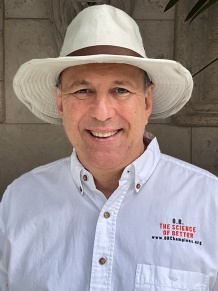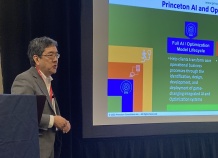Following is an excerpt from Steve’s 3/31 presentation to transportation and logistics executives, hosted by Stifel’s equity research group.
There are rail executives who talk about disruption because, starting around 2011, the railroads started to lose massive market share to trucking. The gap is presently widening. If rail transportation costs less and improves supply chain resiliency versus a truck-only strategy, and if it is more energy efficient and emits lower greenhouse gases than trucking does, why is it losing share?









